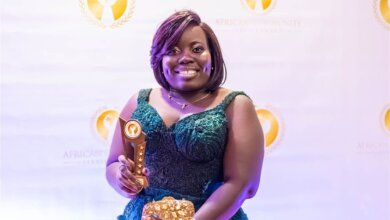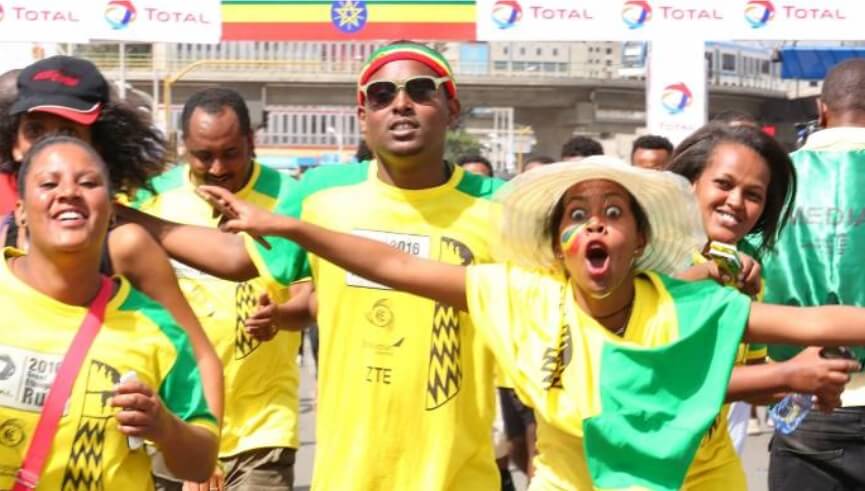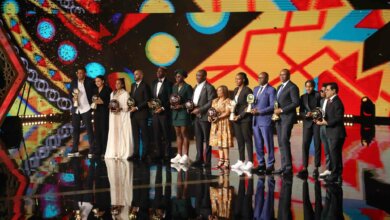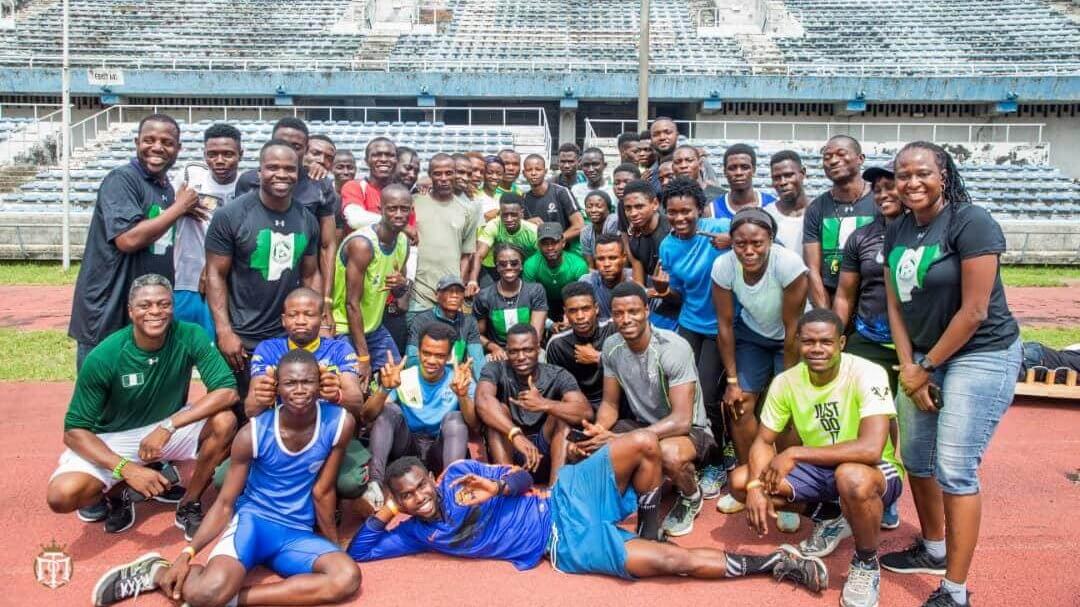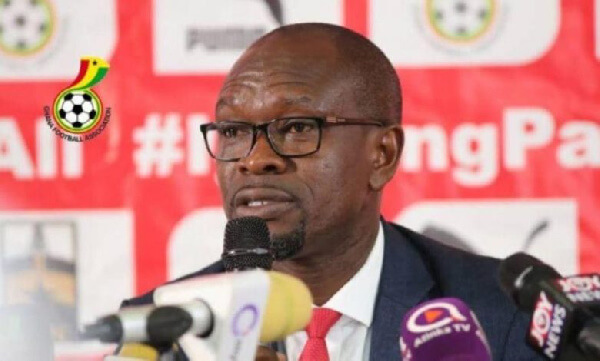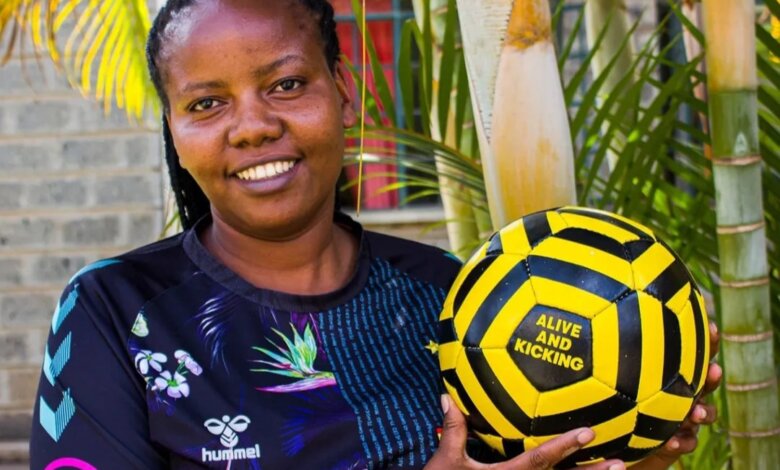
An innovation in Kenya, the Soundball, is helping blind and visually impaired youth across Kenya learn football, giving them an opportunity to play, compete and connect. Designed locally by nonprofit organisation ‘Alive and Kicking‘ the custom ball is embedded with metal bearings that emit a distinctive rattling sound, allowing players to track its movement through hearing alone.
Unlike traditional balls, which are inaccessible to those with visual impairments, the Soundball’s internal metal bearings create an audible cue, enabling players to locate and kick the ball with confidence. The simple yet clever device eliminates the need for constant sighted assistance.
For 18-year-old Dennis Gitonga, who lost his sight at age 14, the Soundball has been life-changing. “I thought football was something I had lost,” Gitonga said to AP News. “Now I play again. I feel like part of something bigger.”
Kenya, renowned for its world-class track and field athletes, has a deep-rooted love for football. However, the sport has historically been out of reach for many blind individuals due to its reliance on visual cues. The Soundball changes that narrative; it is being used in training programs that teach soccer skills to blind youth, helping them build confidence, physical fitness, and a sense of belonging.
“This isn’t just about playing a game,” said Henry Wanyoike, a Paralympic gold medalist and advocate for the blind community in Kenya. “It’s about giving these young people hope, confidence and a sense of belonging.”.
The initiative is part of a growing effort to make sports more accessible for people with disabilities. Alive and Kicking, which manufactures the balls locally in Nairobi using Kenyan-sourced materials, also trains educators and coaches to adapt soccer instruction for visually impaired students.
The initiative target schools and rehabilitation centers, where blind and visually impaired children learn the fundamentals of blind soccer (B1), a Paralympic sport played on a 40×20-meter pitch with sideboards and an audible ball. Coaches and volunteers guide players in dribbling, passing, and shooting, using verbal cues and the Soundball’s distinct sound to navigate the field.
Wanyoike, who went blind at 21, has become a vocal supporter of the Soundball initiative. He said the program could eventually create pathways for competitive play and greater representation of blind athletes in mainstream sports.
Alive and Kicking’s grassroots approach also aims to keep costs low while creating long-term sustainability. In addition to promoting physical activity, the program encourages teamwork, communication, and independence.
“The field is level now,” Gitonga said. “We’re not just watching from the sidelines—we’re in the game.” The impact is profound. Young players, many of whom once felt excluded from sports, are now scoring goals and celebrating victories.
Written by Kweku Sampson, edited by Abeeb Lekan Sodiq.
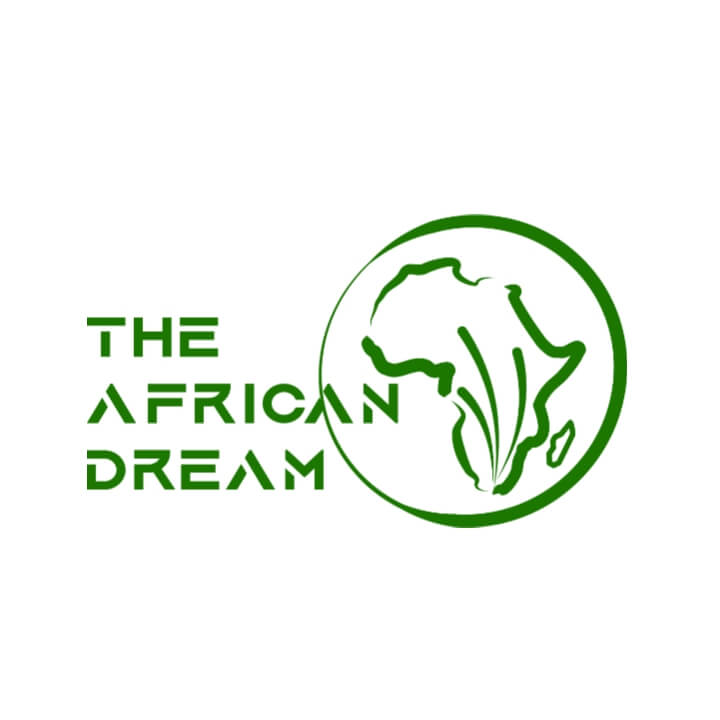
This article is published by either a staff writer, an intern, or an editor of TheAfricanDream.net, based on editorial discretion.

